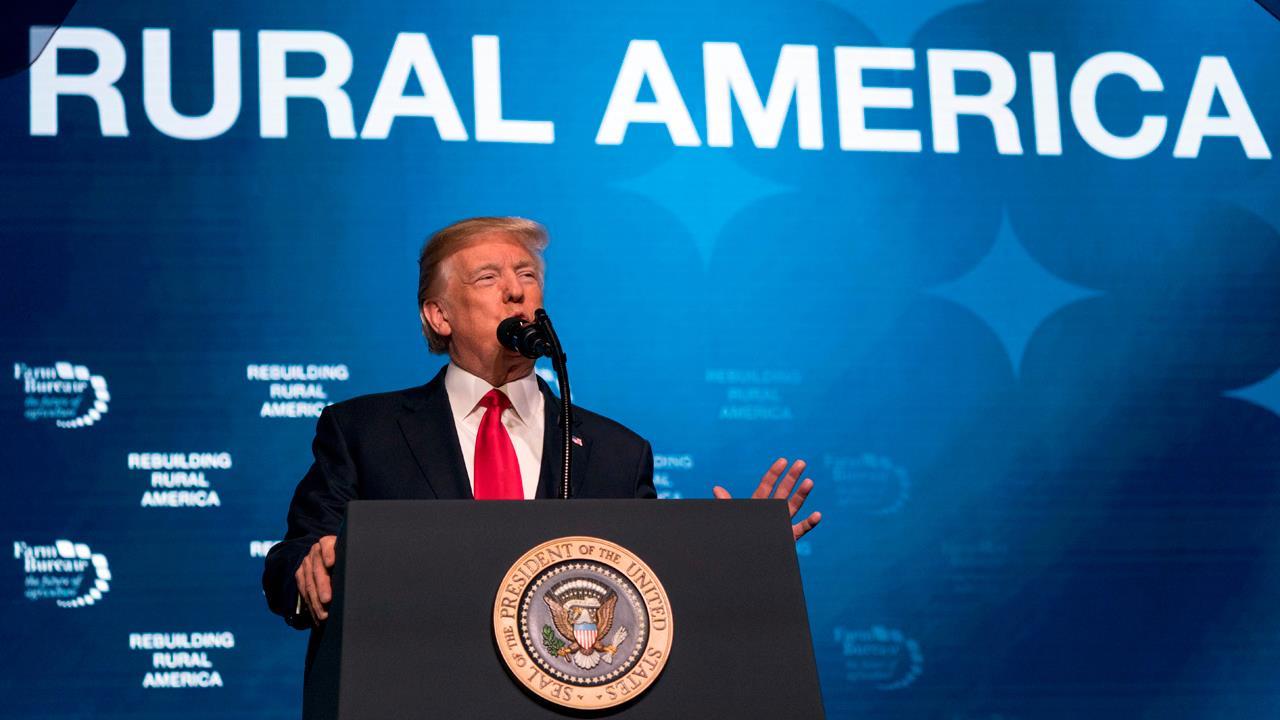'Made in America': Lockheed Martin adds jobs to boost F-35 production
Lockheed Martin is following through on its promise to hire more employees for its F-35 program, the company announced Monday.
The Bethesda, Maryland-based aerospace and defense company said it hired more than 1,800 new employees for the fighter jet program, and will create an additional 400 jobs at its facility in Fort Worth, Texas, which will support increased production related to the project.
“The program supports 194,000 direct and indirect jobs nationwide, and as we ramp up production we are creating even more opportunities for American workers,” Lockheed CEO Marillyn Hewson said in a statement.
Lockheed’s announcement comes as the F-35 was featured at the White House as part of the Trump administration’s “Made in America” event, which showcased products from different portions of the country, in an effort to promote U.S. jobs and manufacturing.
While deliveries of the F-35 jets to the U.S. Department of Defense were halted – at the government’s request – in April after the company and the Pentagon faced a contractual issue regarding repair work, the two parties came to an agreement last week for 141 aircraft. The deal – worth about $13 billion – lowered the cost of the jet to approximately $89 million, a 6% decrease from the $94.3 million it cost in the last deal, reached in February 2017, Reuters reported, citing sources familiar with the talks.
The program has come under scrutiny from federal lawmakers as well as President Trump, over cost overruns and production issues. Trump said in December 2016 that the “program and cost is out of control: Billions of dollars can and will be saved.”
With the increased production and by implementing cost savings initiatives, Lockheed said F-35 unit costs have declined by more than 60% since the first lot was produced, and that the company is on track to bring the price of an F-35A to $80 million by 2020.
Lockheed is on pace to deliver 91 aircraft this year and is set to increase production volume annually to reach a rate of about 160 aircraft per year in 2023.




















